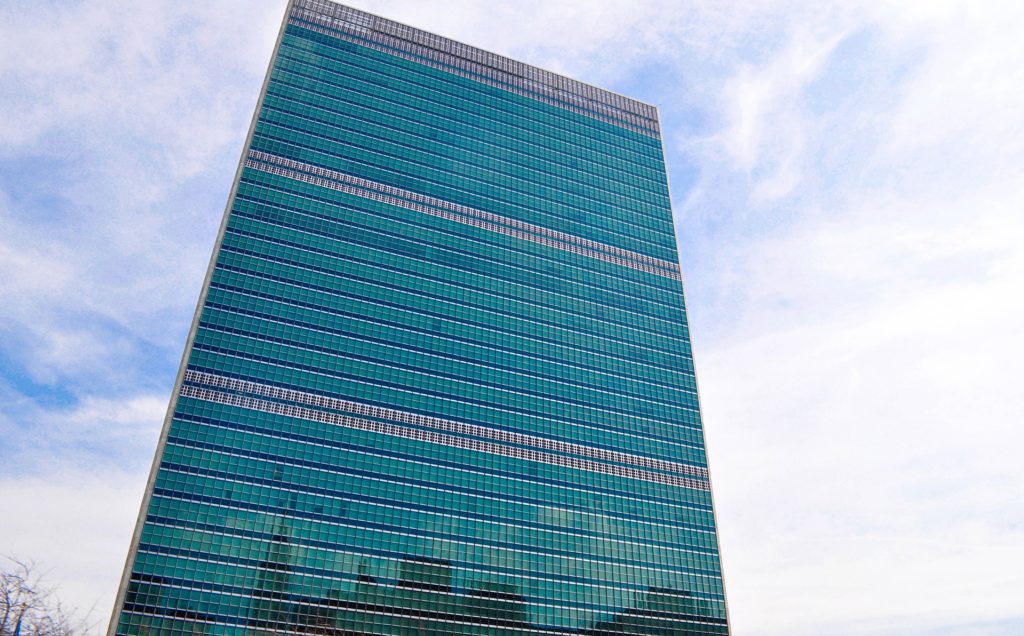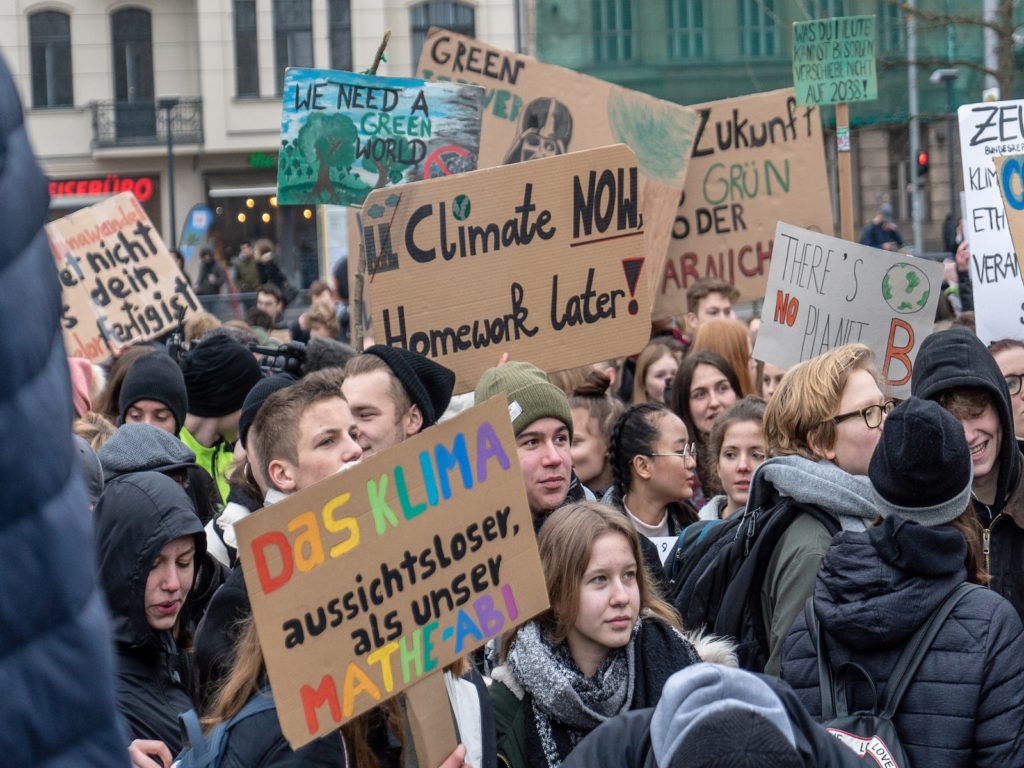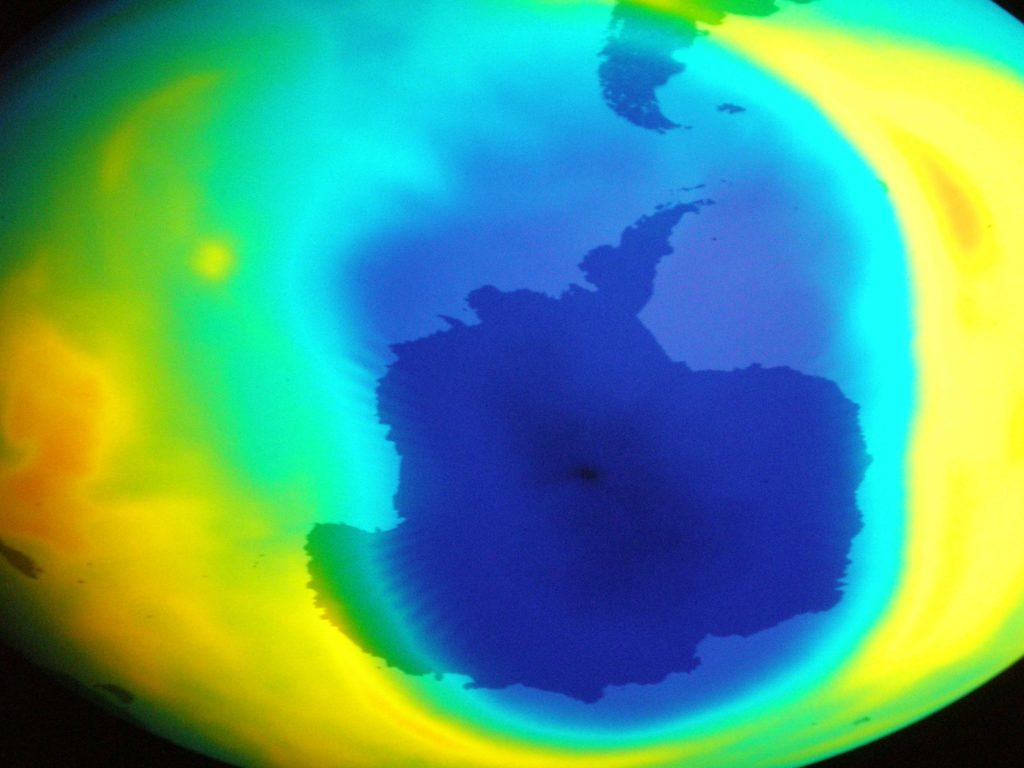
Global Risks Report: Environmental Concerns Take Top Spots Just As Business Leaders Lag Behind
The World Economic Forum’s annual Global Risks Report brings together around 800 experts in business, government and civil society to create a summary of what “the world’s most pressing challenges” for the coming year by likelihood and impact will be. Unsurprisingly, climate-related issues featured in all of the top long-term risks. However, the report also revealed how different global actors perceive these risks and, alarmingly, business leaders are lagging behind other respondents. A finding that was emphasized by the Annual CEO Survey that revealed just how far behind business leaders are in their concern for climate risks.











